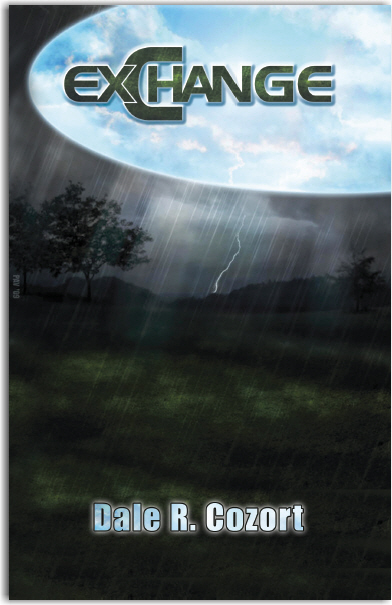|
|
| Home | Books | Alternate History | Science Fiction Adventure | Writing | About | Contact Me |
|
December 2010 Main Page Mexican-American War Mark II
A big bunch of AH Challenges this time. Soviet-Japanese War in 1939
Comments Section Point Of Divergence is an amateur press magazine and also a forum for discussing AH and AH-related ideas. Here is my comment section. |
Nomanham
Turns Into RussoJapanese War II? Some things to
understand about the
Japanese/Soviet balance of power:
(1) The Japanese understand that with a big hunk of their army tied down in China they would normally not be capable of taking on the Soviets. (2) However, they think that they have several things going for them (a) The Soviet officer purges (b) The Soviets have the Germans on their other frontier (c) The Soviets have a long, poor quality supply line to the Far East (the Trans-Siberian railroad), which limits how long they can supply a large force actively at war there. The key to understanding the Japanese reaction to Nomanham is that they were absolutely dependent on Germany/Soviet hostility. Look at it from the Japanese point of view: The Japanese think that they have an anti-Soviet alliance with the Germans. They are in a shooting war with the Soviets. Then suddenly, at the height of the fighting, the Germans sign a pact with the Soviets. The German/Soviet pact in August 1939 totally knocked the slats out from under the Japanese. From a Japanese point of view, they went from having a powerful ally to standing alone against the Soviets. At that point, the main Japanese goal was to wind the battle down as quickly as possible. In terms of the battle itself, the Soviets took on one weak, green Japanese infantry division, with one other Japanese infantry division sort of involved, along with some borrowed tanks and artillery. The Soviets had at least five and possibly seven divisions, including several armored units with well over 400 tanks. The Japanese signaled that they would not escalate the battle to other areas of the border, which meant that the Soviets could concentrate their forces at the point of the clash, which accounts for much of the disparity between the forces. What would it take for the Japanese to decide to continue and escalate the border war? Probably no pact between the Germans and Soviets. That has more implications than we probably want to deal with here--possibly delaying World War II, or turning it into an entirely different war. I find it hard to believe that the Japanese would be willing to take on the Soviets by themselves, but then again they deliberately took on the US, so I guess that kind of stupidity is possible. So, the Japanese brush themselves off after their initial defeat and (a) pull as many troops as possible out of China to Manchuria, stopping offensive actions and leaving the minimum they think they can get away with in China, (b) Cut back on ship-building so that they have the industrial capacity to build tanks and artillery for the army in Manchuria. Then what? The Japanese would probably initially kick Soviet butt in the air with their extremely agile fighters and excellent pilots. They probably wouldn't be able to maintain air superiority because the Soviets would just put out enough planes and pilots to swamp the Japanese. That would take a while--probably a year and a half to two years. During that time, the Soviets would have to contend with very accurate Japanese bombing, which would make large-scale armor attacks difficult. The Soviets would kick Japanese butt in terms of tanks and artillery, and while the Japanese could produce a lot more tanks and artillery and a lot better ones than they did historically, I don't see the Japanese ever catching up. It would be very difficult for either side to take a lot of territory in a hurry. The Soviets would be fighting at the end of a long, insecure rail-line. They would initially not have enough trucks or radios to do the kinds of deep strategic offensives that the Germans pulled off early in the war and the Soviets pulled off later in the war. The Japanese wouldn't have the firepower to do much offensively against the Soviets. It's unlikely that the rest of World War II would go on as it did historically in this situation, but if it did, the Germans would have a mixed blessing. On the one hand, the Soviets will be distracted by war with Japan. On the other hand, they will have nearly two years to learn how to wage war effectively, and a lot of veteran troops. Overall, I'm guessing that the Germans would do significantly worse in this situation.
Posted on Jan 3, 2012.
More Stuff For POD Members Only What you see here is a truncated on-line version of a larger zine that I contribute to POD, the alternate history APA. POD members get to look forward to more fun stuff.
|
